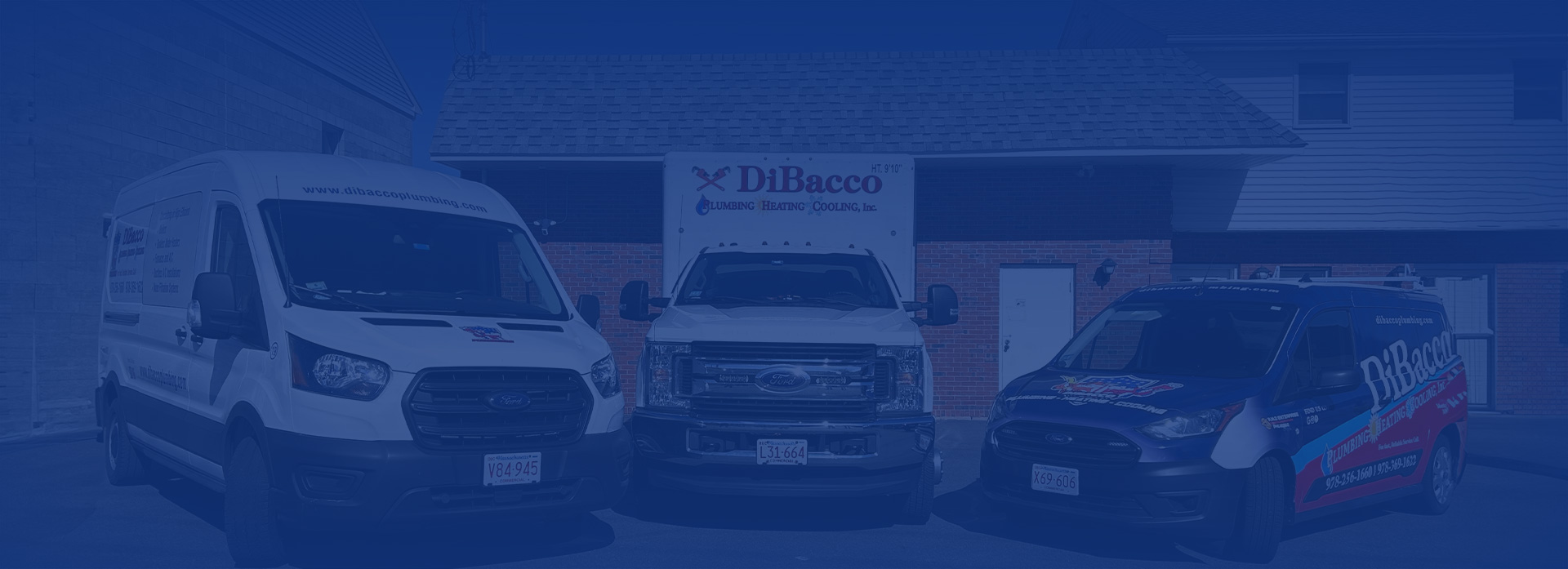Older homes possess charm, character, and often unique architectural details that newer properties can't replicate. However, they also come with plumbing systems that may require extra attention. Plumbing in older homes can face wear and tear over the years, leading to leaks, clogs, or even significant structural damage if not addressed. Regular plumbing maintenance is vital for keeping these systems efficient, safe, and cost-effective. Here's why you should make it a priority.
Common Plumbing Issues in Older Homes
Aging Pipes
The pipes in older homes were often made from materials like galvanized steel, cast iron, or even lead. Over time, these materials corrode, weaken, or become hazardous. Routine maintenance can help identify which pipes need replacement before they fail, preventing costly water damage or health risks.
Low Water Pressure
Accumulated mineral deposits and sediment inside older pipes can lead to reduced water flow. This decreased pressure is more than an inconvenience; it could signal broader piping issues that require immediate attention. A professional inspection can help restore efficiency.
Old Fixtures
While vintage fixtures may add to the aesthetic of the home, they can be less efficient and prone to wear. Regular maintenance can identify issues like leaks, inefficient operation, or failing components, ensuring your fixtures remain functional without sacrificing their charm.
Hidden Leaks
Older plumbing systems are more likely to develop hidden leaks behind walls, under floors, or in less visible areas like basements. Left unchecked, these leaks can cause mold, structural damage, and skyrocketing water bills. Regular inspections by professionals can catch these leaks early, saving you from extensive repairs.
Benefits of Routine Plumbing Maintenance
Prevents Costly Repairs
Early detection of plumbing issues is far less expensive than dealing with burst pipes or significant water damage. Routine maintenance ensures small problems don't escalate into emergencies.
Improves Efficiency
Well-maintained plumbing systems run more efficiently, reducing water wastage and energy usage. For example, addressing a leaking faucet not only conserves water but also lowers utility bills.
Extends Lifespan of Plumbing
Proper care can add years to the life of your plumbing. Timely repairs, cleaning, and inspections reduce the strain on your system, delaying the need for major replacements.
Ensures Health and Safety
Older homes may still have lead pipes or solder, which can pose serious health risks. Regular maintenance helps identify and replace hazardous materials, ensuring your home’s water supply remains safe for use.
Professional Maintenance vs. DIY
While homeowners can handle minor tasks like checking for surface leaks or cleaning drain strainers, professional inspections are invaluable for thorough maintenance. Experienced plumbers use specialized tools to assess hard-to-reach areas, test for hidden leaks, and evaluate the condition of your entire system. Investing in professional help offers peace of mind and complete reliability.
How Often Should Plumbing Be Maintained?
For older homes, scheduling an annual plumbing inspection is recommended. Homes with specific issues or systems made from outdated materials may require more frequent checks. Proactive maintenance ensures your plumbing stays one step ahead of potential problems.
Don’t Wait for Plumbing Problems to Escalate
Owning an older home doesn't have to mean dealing with constant plumbing headaches. By committing to regular maintenance, you can preserve the integrity of your system, prevent expensive repairs, and enjoy the unique charm of your property worry-free.
If you're ready to safeguard your older home's plumbing, the professionals at DiBacco Plumbing, Heating and Cooling are here to assist. We bring decades of experience to every inspection and repair, ensuring your home remains comfortable and functional. Contact DiBacco Plumbing, Heating and Cooling at (978) 961-4865 today to schedule a maintenance appointment!

.2507211321222.jpg)